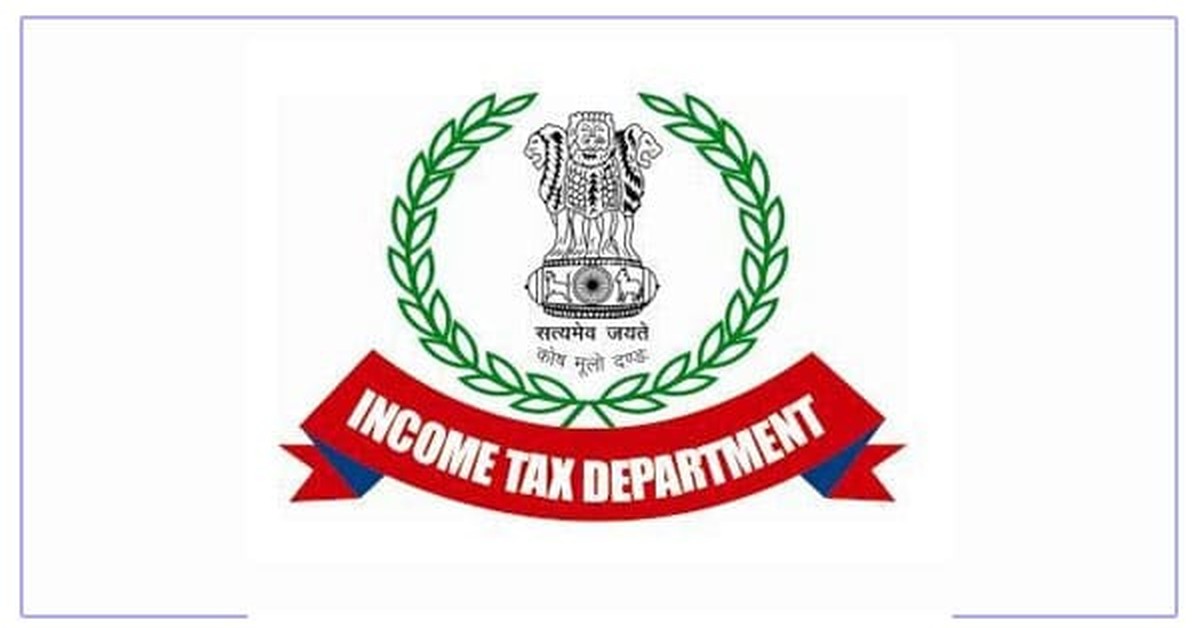In a significant move, the Income Tax department has uncovered a major tax evasion scandal, amounting to nearly Rs 10,000 crore over a three-year period, involving e-tailers selling goods through popular social media platforms such as Instagram and Facebook. The department has already dispatched intimation notices to 45 pan-India brands, with more expected to follow suit.
The Unveiling of Evasion
According to sources, the tax evasion primarily stems from either non-payment or underreporting of taxes by these e-commerce entities. A senior official disclosed that, in addition to scrutinizing major e-commerce players, the department is closely monitoring shops on Instagram and Facebook, leading to the detection of evasion worth approximately Rs 10,000 crore.
The Notices and Targets
Intimation notices were sent between the last week of October and November 15 for assessment years ranging from 2020 to 2022. The initial batch of 45 entities includes 17 apparel sellers, 11 jewelry vendors, six footwear and bag retailers, five local fashion outlets, and four home décor and furnishings sellers. Notably, these are not large-scale e-commerce companies, but rather smaller entities leveraging social media for a wider reach.

Scope and Scale of the Issue
The revelation underscores the magnitude of the issue, with the tax department planning to extend its scrutiny to more e-tailers in the coming months. Many of the identified entities were found to be sending their products abroad, indicating the international scope of the problem. The list comprises some prominent retailers utilizing social media platforms to tap into the massive user base.
Social Media's Role and Post-COVID Surge
India boasts the world's largest active user base on Instagram, with over 229.5 million users, and the highest number of Facebook users, exceeding 314 million. The surge in retailers using these platforms, particularly after the COVID-19 pandemic, has led to a sharp increase in user engagement. The 45 entities targeted were identified as having robust turnovers, capitalizing on the post-pandemic shift towards online shopping.
Case Study: Mumbai-based Sari E-Tailers
An illustrative example provided by an official reveals the depth of the issue. Three Mumbai-based sari e-tailers attracted attention after sponsoring a star-studded fashion show. Despite having a modest presence with just a small shop and warehouses, they reported a turnover of Rs 110 crore, while officially declaring an income of only Rs 2 crore.
Digital Nature Facilitating Tracking
The digital nature of the economy, coupled with payments through UPI or net banking, has facilitated the Income Tax department in tracking sales figures effectively. This has become crucial in the face of the growing trend of individuals and businesses utilizing social media platforms for sales while often neglecting tax obligations.
Crackdown on Social Media Influencers
This recent revelation follows a trend noticed in June when the Income Tax department sent notices to social media influencers, pointing out their minimal or non-existent tax payments despite receiving substantial fees for promoting products through their posts. These collective actions signify a broader effort by authorities to ensure fair taxation in the evolving landscape of digital commerce and social media-driven businesses.





 CAclubindia
CAclubindia
